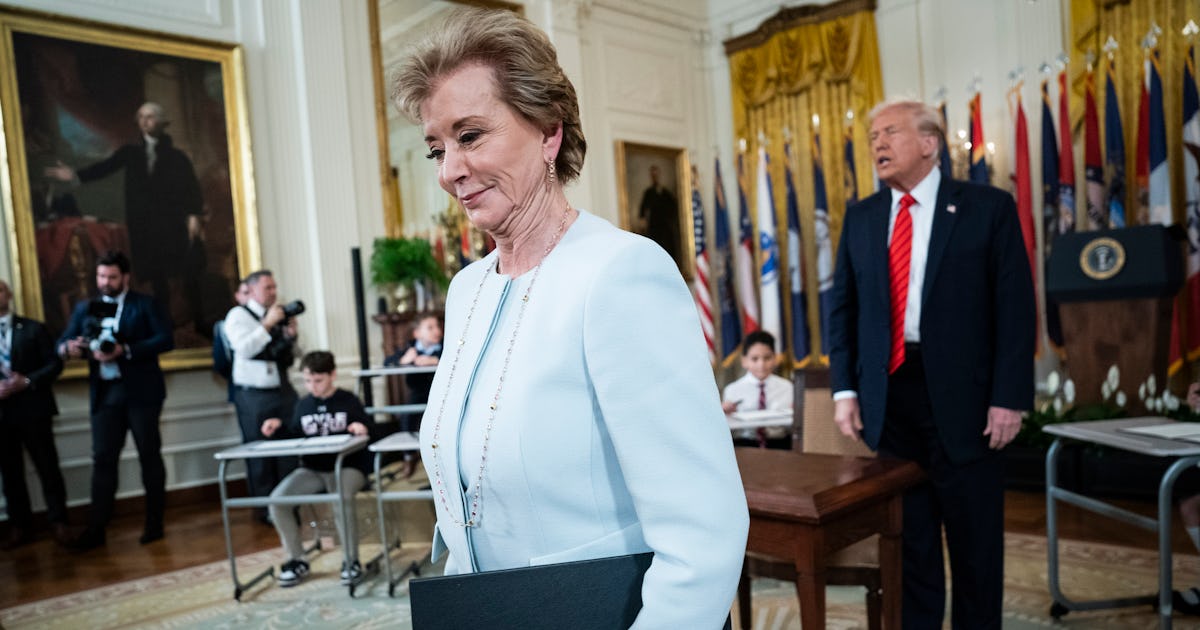The Executive Secretary of the National Universities Commission (NUC), Prof. Abdullahi Yusuf Ribadu, has urged Nigerian universities to embrace innovation in order to be relevant in the 21st century, stressing that universities must evolve from being just degree-awarding institutions to being drivers of innovation, skills and national progress.
Prof. Ribadu made this call recently while delivering his goodwill message at the 4th Public Lecture of the African School of Economics (ASE), Abuja, delivered by Prof. Moses Ochonu of Vanderbilt University, United States.
The Executive Secretary, represented by the NUC Director of Skills Development and Entrepreneurship, Mr Ashafa Ladan, stated that Nigerian universities of the 21st century, “like the African School of Economics—the Pan-African University of Excellence—must be radically different” from their 20th century predecessors, adding that they must be “a hub of innovation, a crucible for problem-solving and a launchpad for global competitiveness.”
Prof. Ribadu said graduates of the Nigerian university system “must not only be adaptable, entrepreneurial, and ethically grounded while the research coming from universities must not only inform but also transform, contributing to national development, technological advancement and social wellbeing.”
In his goodwill message, the Secretary-General of the Committee of Vice-Chancellors of Nigerian Universities (CVCNU), Prof. Andrew Haruna, commended ASE Vice-Chancellor, Prof. Mahfouz Adedimeji and the institution for “their unwavering commitment to advancing knowledge.”
He noted that universities are at a crossroads of rapid global transformation and local imperatives, which require that they must critically re-examine their structures, values, and systems to serve better the aspirations of our nation and continent.
Prof. Haruna said Nigerian universities must confront the challenges of infrastructural deficits, funding limitations, brain drain, curriculum relevance and graduate employability.
He also stressed the importance of envisioning a future where universities become hubs of innovation, inclusive excellence and socio-economic transformation.
“Let me commend the African School of Economics for its initiative and bold vision. ASE has already shown a strong sense of purpose in boosting the capacity of African youth and aligning higher education with the needs of the Fourth Industrial Revolution,” he said.
In his lecture with the theme, “The 21st Century Nigerian University: Pitfalls and Pathways”, the Guest Speaker, Prof Ochonu, charged Nigerian universities to embrace change, integrate multidisciplinarity and shun academic inbreeding to remain relevant in the challenging 21st century.
According to him, universities all over the world are going through many challenges as the global economy convulse under the influence of overlapping technological and digital revolutions in knowledge, research and learning. Nigerian universities, he emphasised, are not excluded from these pressures.
Prof. Ochonu decried the subversion of foundational cosmopolitan ethos of higher education in some public universities which makes them to become “appendages of parochial projects of exclusivity” arguing that intellectual pluralism is being replaced by academic inbreeding.
While acknowledging that the age-long struggle of the Academic Staff Union of Universities (ASUU) had secured some basic dignities for the academic workplace, he noted that the struggle had also become part of the problem, adding that “many lecturers continue to skip classes; poor or non-existent supervision and mentorship of postgraduate students persisted; and many lecturers continued to teach from outdated lecture notes, making no effort to update their instruction” while others patronise pay-to-publish predatory journals.
He recommended a Student Bill of Rights to protect students in their academic, supervisory, and mentorship relationship with lecturers.
Prof Ochonu equally canvassed revamping the craft of teaching, stressing that universities should establish centres of teaching and institute awards for teaching excellence in order to boost quality instruction.
The award-winning scholar also advocated for a system that allows professionals and workers in society to acquire new skills, upskill in emerging areas and satisfy their curiosities through single course enrolments while stressing the need for curriculum reform.
Earlier in his address, “Ideas Change the World”, Prof. Adedimeji traced the establishment of the first university in the world to 859 through the University of Qarawiyyin in Fez, Morocco, which made Africa the cradle of higher education.
He noted that university education had grown in Nigeria to over 300 universities while debates continued to centre on the issues of quality, quantity, access and relevance.
He encouraged Nigerian universities to consider their challenges as opportunities while clamouring for collaboration.
“My call is for more synergy, more collaboration and more partnership among our universities for all-round development and a radical departure from working in silos,” he said, reiterating the imperative of leveraging technology and partnerships to address issues.
Citing a study by the University of Lincoln, Prof. Adedimeji identified the 10 grand challenges of the 21st century as changing economic powers, living in a global society, void of vision and foresight, technological disruption, migration and mobility (which manifest in what we call the Japa syndrome in Nigeria), conflict and war, civic disaffection, increasing inequality of wealth and income, mitigating environmental and ecological damage as well as identities and changing norms in the society.
He explained that addressing these challenges required functional university education and urged universities to come together to overcome those challenges as well as the national ones.
“I, therefore, call for concerted efforts of the Triple-Helix, the government, the academia and the industry/society in according the university its pride of place by doing what is right at the right time. It is said that one can travel fast alone but can only travel far together,” he said.











